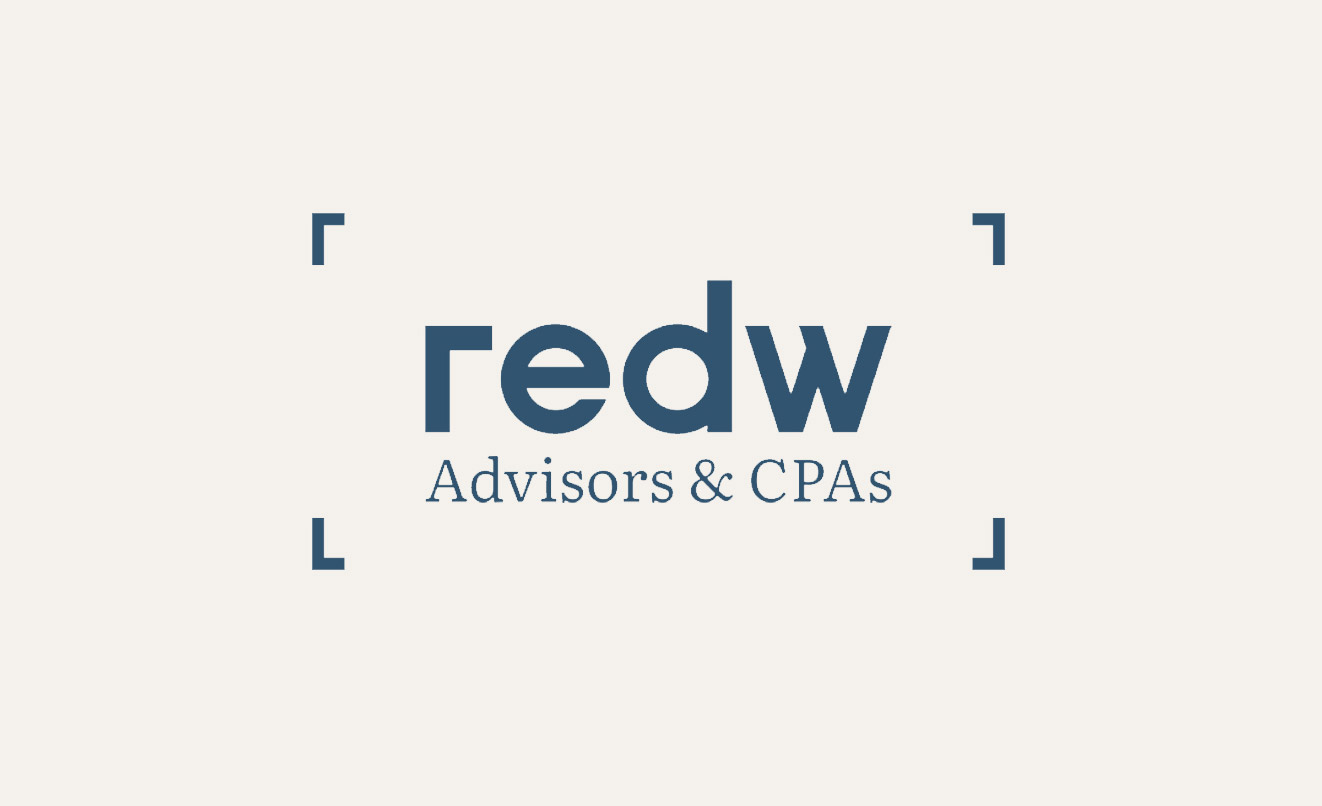by REDW Stanley Financial Advisors
President Trump certainly elicits strong emotions from a large percentage of the population. In the days following the election, many equity markets went up in value. Generally, the policies of the new President were viewed as positive for economic growth. As economic data continued to improve since November of 2016 both domestically and globally, capital markets continued to improve. With the new Congress, we have begun to learn that legislative change does not necessarily go easily.
Politics, policies, and economic growth certainly intersect, and it is easy to allow one’s political leanings to overly influence investing decisions or outlook. What then are the broad principles that should be used in evaluating policies? We have identified two: Personal Choice and the Velocity of Money. We generally hold that individuals and families are best equipped to allocate their capital and resources that will best meet their needs and desires, which is why we generally believe in freedom of economic choice. Second, we hold that the higher the velocity of money, the better. By the velocity of money we mean how often money changes hands in economic activity. The higher the velocity, the better it is for economic growth. The two tend to move together; the more choice, the higher the velocity of money will be. In terms of politics and policies there are four areas to watch: Monetary Policy, Taxation, Regulation, and Trade.
Monetary Policy
Central banks set the benchmark interest rates in their respective countries. These rates serve as a measure of the cost of borrowing in each country. When that cost is too low (rates are “too loose†in the language of economists), then too much money is available and inflationary pressures increase. While every economy needs some amount of inflation, when inflation is too high it becomes a burden on an economy. That is why price stability (think controlled inflation) is one of the mandates for the Federal Reserve. On the other hand, when rates are too high (rates are “too tight†in economic language), economic activity is hindered, as borrowers are unable to access funds for their business ventures. Since the early 1900s, just about every recession in the U.S. has coincided with interest rates being too high. While the definition of too tight is not strictly defined, some economists think that when the Federal Funds rate is in excess of nominal GDP growth, then the Federal Reserve is too tight. With the Federal Funds rate between 0.75% and 1% and nominal GDP near 2.1%, we do not think the Federal Reserve is too tight. If anything, the Federal Reserve has tended to be too loose, and we have seen inflation slowing creeping upward.
Taxation
When tax rates are too high, they act as a disincentive for work and savings. With a 42% top tax rate for individuals (including the Medicare surcharge) and a 35% corporate tax rate, it is not enough to put the U.S. into a recession, but it does make us as a nation less competitive compared to other developed countries. Some examples of other countries with lower corporate tax rates include the United Kingdom at 19%, Germany at 29.65%, and Japan at 32.11%. In the last ten years the United States has been the only country among the major developed nations that has not lowered its corporate tax rate. Also, tax policy is often used to manipulate the actions of individuals and corporations, which has a distorting effect on the capital markets. Generally, a simpler and more competitive tax code benefits an economy.
Regulation
For every regulation there is a cost for compliance and enforcement. The potential benefit of all regulations must be balanced against their economic impact in terms of reduced profitability and stifling new innovations and ventures. Moreover, overlapping regulatory agencies can make compliance increasingly difficult. Consistent and clear regulations tend to be a benefit for economic growth.
Trade
For the U.S., 27% of GDP is related to imports and exports. Open and free markets enable nations to sell the goods and services they are best at producing, while enabling them to purchase the goods and services that are being efficiently produced elsewhere. No nation is able to produce all the goods and services that it requires, unless they are willing to sustain a substantial impact to their standard of living. Trade also involves financial “goods†like U.S. stocks and bonds. Overly high tariffs and trade wars often retard economic growth or cause outright recessions. Therefore, we are watching the protectionist measures currently being discussed.
The capital markets tend to be one of the fastest evaluators of news and policy as millions of market participants analyze and act upon all the available news. In the days following the election, the equity markets increased both in response to proposed legislation and positive news releases such as growth in real earnings, expansion of both manufacturing and services, and growth of corporate profits. As proposed policy and legislation faces the hard reality of the legislative process, capital markets have not accelerated as fast and volatility has increased.
As your advisors, we continue to evaluate the capital markets on a regular basis. In addition to our monitoring and research, our Investment Committee meets twice each month to evaluate the key drivers of economic activity, market returns and volatility across various asset classes, and our client portfolios. In light of all the new politics, proposed policies, and the direction of the global economy, we continue to hold that a diversified portfolio across the various asset classes has the best chance of helping you achieve your long-term financial goals. We work to see beyond the hype and evaluate reality.
Copyright 2017 REDW Stanley Financial Advisors, LLC. All Rights Reserved. This publication is intended for general informational purposes only and should not be construed as investment, financial, tax, or legal advice.





